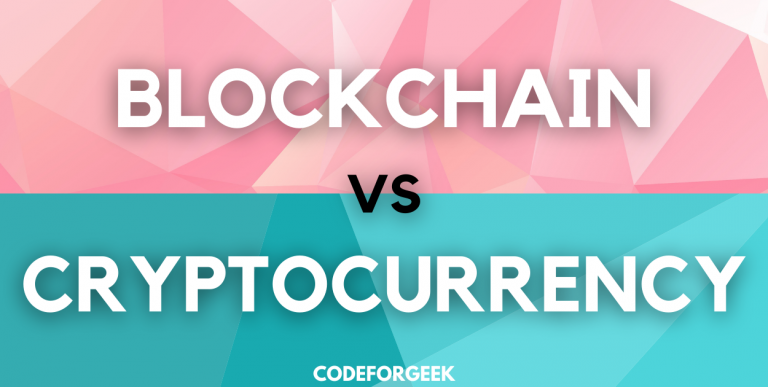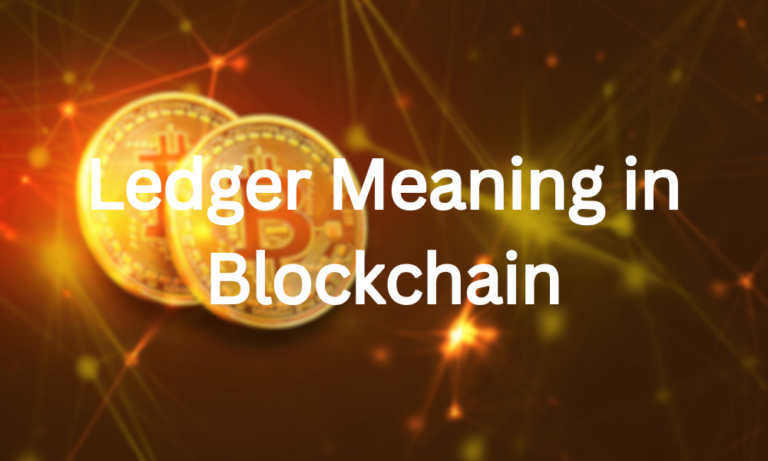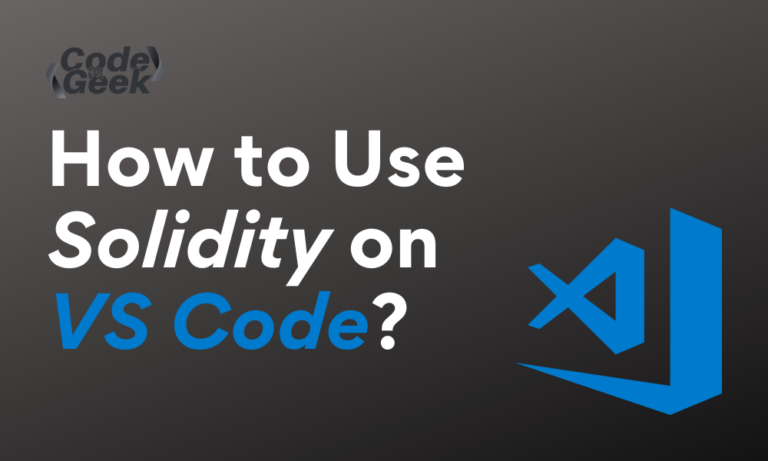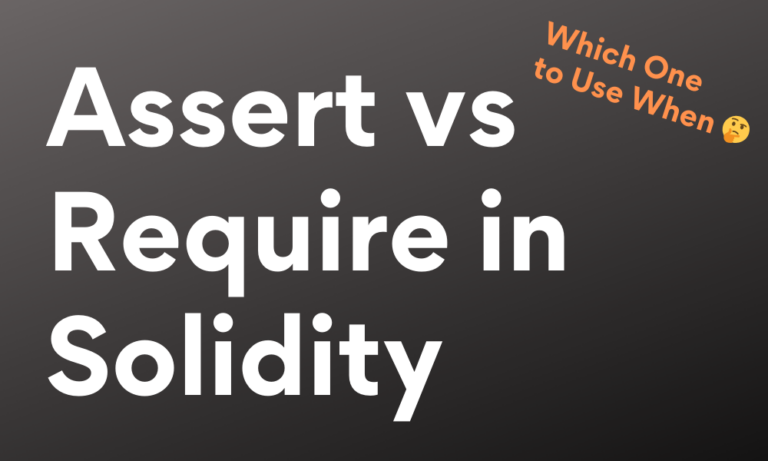Today, I am discussing an often-conflated topic – blockchain vs cryptocurrency.
Most people who have just begun exploring blockchains and cryptocurrencies often blockchains with cryptocurrencies. Many think they are just alternative words and are used synonymously. Well, let me tell you a fact. They are totally distinct and have a decent number of differences.
In this blockchain vs cryptocurrency guide, I will get you familiar with what blockchains are, what cryptocurrencies are, and in the end, the basic differences to clear your doubts.
What is Blockchain?
A blockchain network is a distributed and decentralized ledger system that is made up of nodes connected to add new blocks to the blockchain network.
Records of transactions on the network are stored in cryptographically secured blocks across various nodes or computers distributed across the globe. These blocks may also contain other kinds of data inside them.
Once some data is stored on the network, it becomes immutable that is, no one can ever change or delete them. They exist in those blocks assigned to them forever in their original form. This way no one can tamper with data secured in them.
To ever make a change to the data, those changes must be validated and verified by all the nodes, only then will they take effect. If in case someone else tries to alter the data stored in these blocks, these nodes can disagree with the changes which will eventually automatically abort the process.
This way, a blockchain network maintains transparency, uprightness, and integrity across the system even though no centralized bodies of regulation like governments and banks do not.
The system is based on architecture such that every previous block is linked to the next block in the blockchain. This forms a linked chain of information scattered across secured blocks. A blockchain only allows users with the right key to “unleash” the data confined inside these blocks.
What is a Cryptocurrency?
At this point in our blockchain vs cryptocurrency guide, you must have had understood what blockchains are. It is now time to understand what cryptocurrencies are.
Cryptocurrencies are like the money of the system or network. Most people call them “tokens”. They are the asset of the blockchain network. There blockchains that do not use tokens in their ecosystem and are called “tokenless blockchains”.
Just like a normal transaction of goods or services for a legal tender or fiat money so to say, namely dollars, rupees or rials, etc. Normally, in such exchanges, there’s an implied agreement between both parties of the value of the item traded. Both parties place their trust in these fiat currencies to have value.
Same way, cryptocurrencies are a digital medium of exchange on which parties to exchange or transaction have a trust that they have value in the market. Today, individuals and even businesses have begun accepting money and payments in cryptocurrencies. Many governments too have begun supporting cryptocurrencies.
Now, at this point, you might ask me – “If the two are so different, why am I always hearing of them together? What’s the relation between both?!”
Here’s a one-line answer to this question.
“You can put it like this – blockchains are the federal bank of the US and cryptocurrencies are the US dollars.“
There is also something called “blockless cryptocurrencies “.
A good example of blockless tokens or cryptocurrencies is IOTA, a distributed ledger company. For tokenless blockchain networks, Ripple is a good example. Although the company does have a token named Ripple (XRP), their blockchain doesn’t.
We mostly see names of cryptocurrencies matching the names of their parent companies. However, it is not necessarily the case. For example, Polygon’s token is named MATIC. Similarly. Ethereum’s tokens are named Ether (ETH) and Ethereum Classic (ETC).
A blockchain allows multiple cryptocurrencies to be built on it. Besides, even you can build your own blockchain and cryptocurrencies on it, using Ethereum!
Blockchain vs Cryptocurrency: A Brief Comparison
Now that we learned what both mean individually, let us take a look at a brief comparison of blockchain vs cryptocurrency by enlisting their features below.
Features of Blockchains
- Distributed ledger to keep hackers and cyberattacks at bay
- Decentralized system to eliminate centralized authority and control and let users enjoy freedom from restrictions
- Immutability of data, meaning, data once stored cannot be changed or deleted
- Minting of cryptocurrencies
- Secure ecosystem
Features of Cryptocurrencies
- Irreversible exchange, meaning, once bought, sold or mined, you cannot undo it
- They are fast, secure and pseudonymous
- No need of permissions to trade cryptocurrencies, you can do it on your own will
- Supply of tokens is strictly controlled by the owners of the network
- Free of debts as they are based on IOU (I Owe You) model
Conclusion
In this blockchain vs cryptocurrency guide, I have covered what blockchains are, what cryptocurrencies are and in the end, the basic differences to clear your doubts.
Read More: Understanding Cryptocurrency Blockchains





